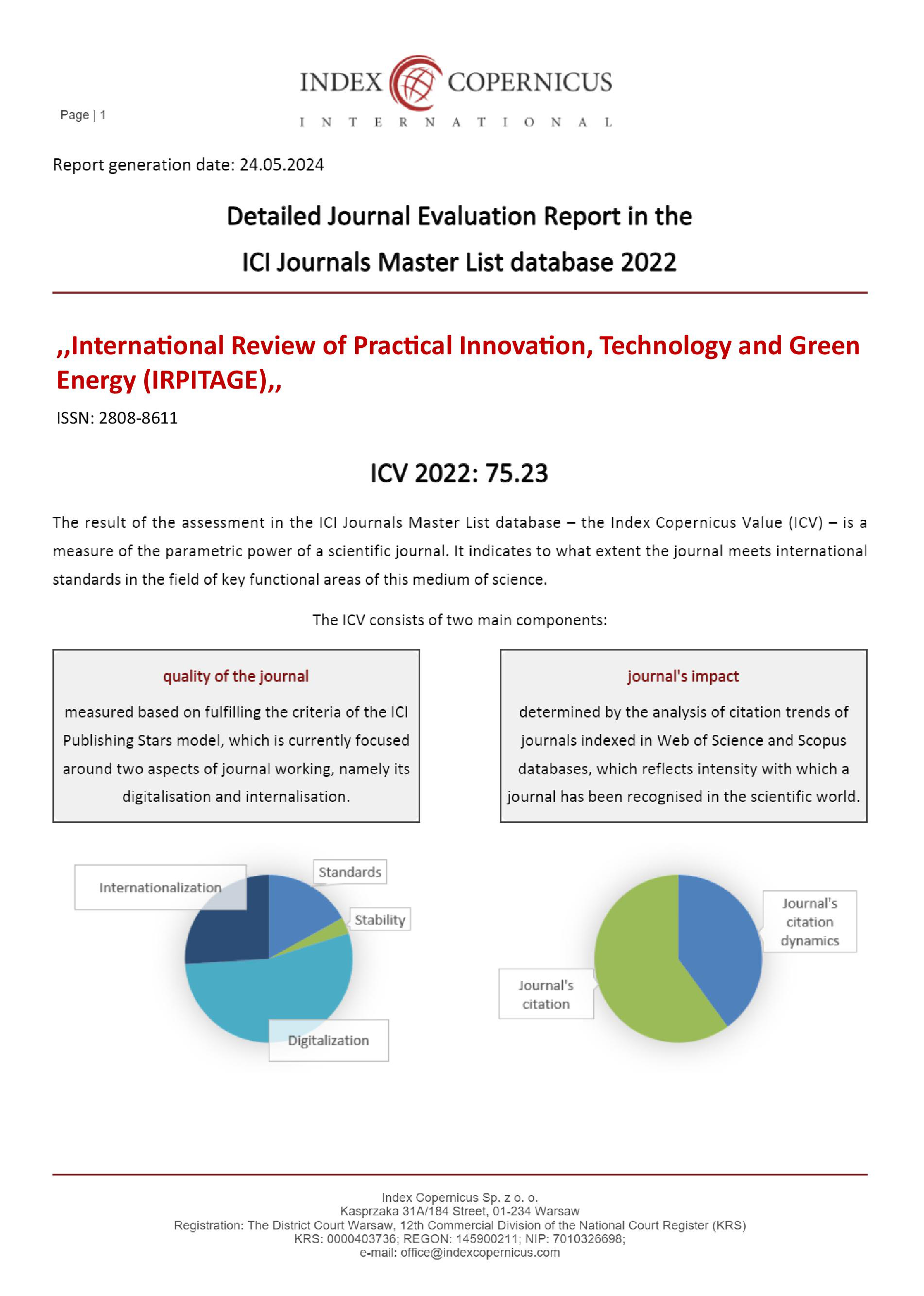From Coping Mechanism to Crisis: The Nexus of Substance Abuse and Mental Health
Main Article Content
Kamal Kishore Jamatia
The article seeks to understand why individuals turn to substances as coping mechanisms for managing their mental health challenges and examines the progression of substance use from a coping mechanism to a full-blown crisis. The research assesses the adverse effects of prolonged substance abuse on mental health, including the development or exacerbation of mental health disorders. Through a thorough investigation, this study aims to shed light on the factors contributing to the transition from coping to crisis and the subsequent impact on individuals' well-being. Moreover, it identifies effective intervention strategies and support systems that can assist individuals in breaking the cycle of substance abuse, facilitating their recovery, and improving mental health outcomes. By addressing this critical issue, we hope to provide valuable insights that can inform policy, prevention, and treatment efforts in the field of substance abuse and mental health, ultimately promoting healthier and more resilient communities.
Substance Abuse and Mental Health Services Administration. (2020). Key substance use and mental health indicators in the United States: Results from the 2019 National Survey on Drug Use and Health (HHS Publication No. PEP20-07-01-001, NSDUH Series H-55). https://www.samhsa.gov/data/report/2019-nsduh-annual-national-report
National Institute on Drug Abuse. (2021). Common comorbidities with substance use disorders research report. https://www.drugabuse.gov/download/1504/common-comorbidities-substance-use-disorders-research-report.pdf
Kandel, D. B., & Jessor, R. (2002). Risk factors for gateway transitions to illicit drug use. Journal of the National Institute on Drug Abuse, 94(12), 971-988.
Volkow, N. D., & Koob, G. F. (2015). Brain disease model of addiction: Why is it so controversial? The Lancet Psychiatry, 2(8), 677-679. https://doi.org/10.1016/S2215-0366(15)00137-5
Substance Abuse and Mental Health Services Administration. (2018). TIP 45: Detoxification and substance abuse treatment. https://store.samhsa.gov/system/files/sma18-4320.pdf
Mueser, K. T., & Gingerich, S. (2013). Illness management and recovery: Personalized skills and strategies for those with mental illness. Hazelden Publishing.
Miller, W. R., & Rollnick, S. (2013). Motivational interviewing: Helping people change. Guilford Press.
Prochaska, J. O., & DiClemente, C. C. (1983). Stages and processes of self-change of smoking: Toward an integrative model of change. Journal of Consulting and Clinical Psychology, 51(3), 390-395.
McLellan, A. T., Lewis, D. C., O'Brien, C. P., & Kleber, H. D. (2000). Drug dependence, a chronic medical illness: Implications for treatment, insurance, and outcomes evaluation. JAMA, 284(13), 1689-1695.
American Psychiatric Association. (2013). Diagnostic and statistical manual of mental disorders (5th ed.). American Psychiatric Publishing.
Kelly, J. F., & White, W. L. (2011). Addiction recovery management: Theory, research, and practice. Humana Press.
Center for Substance Abuse Treatment. (2006). Substance abuse treatment for persons with co-occurring disorders: A treatment improvement protocol. Substance Abuse and Mental Health Services Administration. https://store.samhsa.gov/system/files/sma13-3992.pdf
Marlatt, G. A., & Donovan, D. M. (Eds.). (2005). Relapse prevention: Maintenance strategies in the treatment of addictive behaviors. Guilford Press.
SAMHSA-HRSA Center for Integrated Health Solutions. (2019). Behavioral health and opioids. https://www.integration.samhsa.gov/clinical-practice/behavioral-health-and-opioids
McKay, J. R., & Weiss, R. V. (2001). A review of temporal effects and outcome predictors in substance abuse treatment studies with long-term follow-ups: Preliminary results and methodological issues. Evaluation Review, 25(2), 113-161.











